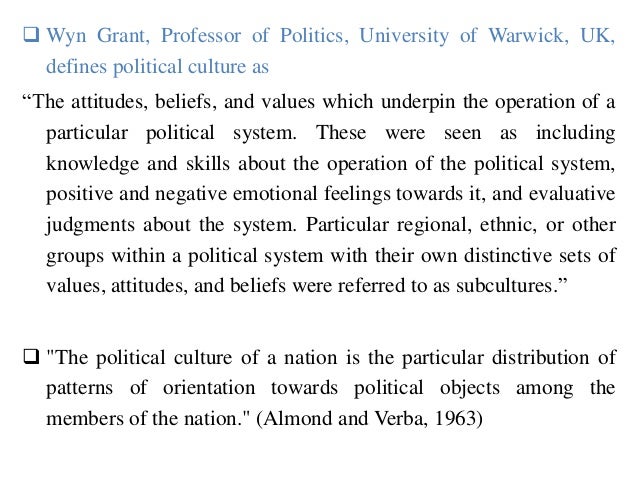Choices interviewing and counselling skills for canadians pdf program. Sixth Canadian Edition. Interviewing and Counselling Skills for Canadians. Faculty Emeritus. Douglas College. A01_SHEB5140_06_SE_FM.indd Page 1 2/23/16 1:13 PM s-w-149.
A political culture characterized by (1) most citizens' acceptance of the authority of the state, but also (2) a general belief in participation in civic duties. The term was systematically deployed in Gabriel Almond and Sidney Verba's influential 1963 book, The Civic Culture, and revived in their The Civic Culture Revisited (1980).
Prompted by a concern about a perceived problem of political stability in Western democracies, the civic culture model suggested that a polity in which citizens were informed about political issues, and involved in the political process, could not of itself sustain a stable democratic government. The civic culture is seen as an allegiant political culture in which political participation is mixed with passivity, trust, and deference to authority. Traditionality and commitment to parochial values are seen as balancing involvement and rationality. The Civic Culture provided a five‐nation study of citizen values and attitudes viewed as supportive of a democratic political system.
In the mainstream of behavioural analysis when it was first published, the book has been somewhat eclipsed by the emphasis on policy analysis, although its influence can be seen in more recent work on social capital. Its concerns about the survival of democracy in Western societies now seem somewhat misplaced. The spread of higher levels of education through the population has encouraged new forms of participation in politics, such as social movements and campaigning interest groups. Wyn Grant WG.
University Of Essex
. Abstract This statement by one of the key figures in modern political culture studies succinctly summarizes the basic tenet of the concept that members of different societies tend to be characterized by enduring cross-cultural differences that can have major political and economic consequences.
As a result, adherents to the political culture approach analyze and interpret it as a general framework for political activity in a given country or group of countries—a social road map, outlining which behavior is acceptable in a given society and which is not. In the words of Gabriel A. Almond and Sidney Verba, regarded by many as the founders of modern political culture studies, “political culture is the pattern of individual attitudes and orientations toward politics among the members of a political system.


It is the subjective realm that underlies and gives meaning to political actions.” 1.